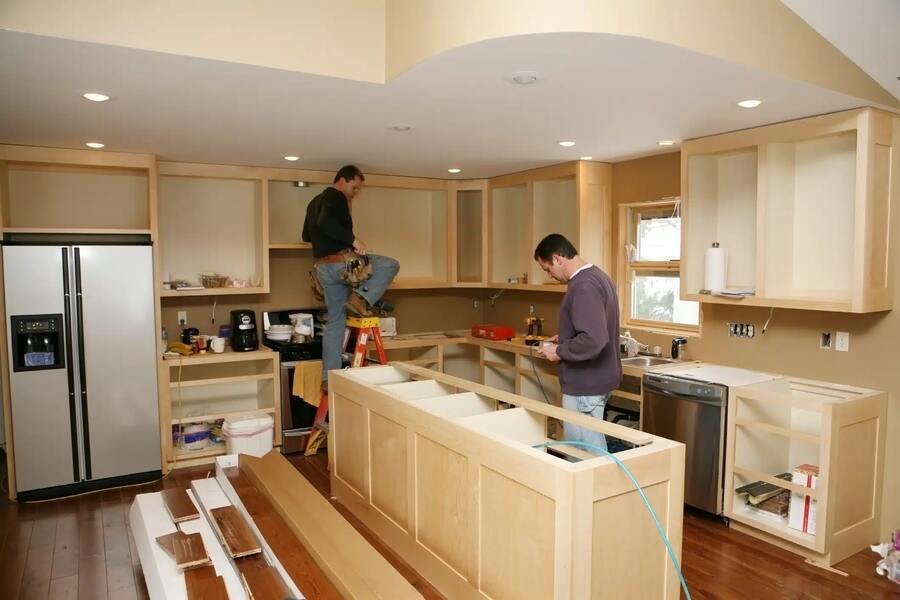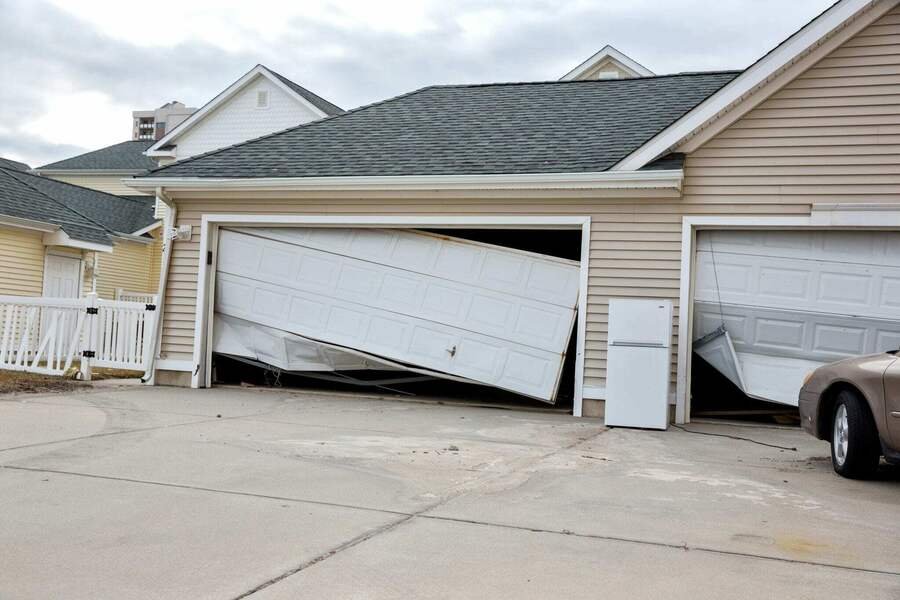Embarking on a do-it-yourself (DIY) home project can be exciting and rewarding, but success often hinges on meticulous preparation. Whether you are a seasoned DIY enthusiast or a novice looking to try your hand at home improvement, a well-thought-out plan can make all the difference. This guide will walk you through the essential steps to ensure you are prepared adequately for your upcoming DIY adventure.
Define Your Project Scope
Before you dive into the world of DIY, clearly define the scope of your project. Are you revamping a room, building furniture, or tackling a larger renovation? Knowing the extent of your project will help you create a realistic timeline and budget.
Research & Gather Inspiration
Explore online platforms, home improvement magazines, and social media for inspiration. Create a mood board or a scrapbook of ideas to help visualise your project. It will spark creativity and serve as a reference point during the execution phase.
Create A Budget
Determine how much you are willing to spend on your DIY project. You must factor in material costs, tools, and any unexpected expenses that may arise. Sticking to a budget will keep your finances in check and ensure that your project remains feasible.
Compile A Detailed Materials List
Once you have defined your project and budget, compile a comprehensive list of materials needed. This list should include everything from paint and nails to larger items like lumber or appliances. Ensure you have accurate measurements to avoid unnecessary trips to the hardware store.
Invest In Quality Tools
Quality tools are the backbone of any successful DIY project. Invest in a quality set of basic tools such as a power drill, saw, tape measure, and screwdrivers. If your project requires specialised items, like plastering tools, consider renting them to save money and space in your toolkit.
Safety First
Prioritise safety by investing in personal protective equipment (PPE) such as safety glasses, gloves, and a dust mask. Consider a hard hat and ear protection if your project involves more significant construction. A well-equipped first aid kit should also be on hand.
Educate Yourself
Even if you are a DIY veteran, staying informed about the latest techniques and safety guidelines is crucial. Online tutorials, DIY forums, and instructional videos can be valuable resources. Understanding the nuances of your project will boost your confidence and increase the likelihood of success.
Set Up A Dedicated Workspace
Allocate a dedicated workspace for your DIY project, such as a garage, a spare room, or a specific area in your garden. Having a defined space keeps your tools and materials organised and helps you focus on the task at hand.
Prepare for Disruptions
DIY projects can be disruptive to your daily routine, so plan accordingly. If your project involves a major renovation, consider temporarily relocating to another part of the house. Communicate with family members or housemates to manage expectations and minimise disruptions.
Obtain Necessary Permissions
Check local regulations and obtain any necessary permissions before starting your project if they are needed. Ignoring this step could result in fines or complications down the line. If you are unsure about the requirements, consult with local authorities or hire a professional to guide you.
Create A Realistic Timeline
Set a realistic timeline for your DIY project, considering your other commitments. Factor in unexpected delays and give yourself some buffer time. A well-thought-out schedule will help you stay on track and avoid unnecessary stress.
Assemble A Support Team
Consider assembling a support team if your DIY project is a substantial undertaking. Enlist friends or family members to help with specific tasks. Having an extra set of hands can make the project more enjoyable and speed up the process.
Organise Waste Disposal
Consider how you will manage waste generated during the project. Arrange for a skip bin so you have plenty of room for waste, and you can also have a clear-out and get rid of some junk in your home if there is room. Proper waste management keeps your workspace clean and contributes to a more environmentally friendly DIY experience.
Test & Measure
Before making permanent changes, conduct tests and measure precisely. Accuracy is particularly important when cutting materials, installing fixtures, or positioning furniture, and being accurate can help reduce waste. A small miscalculation can lead to significant setbacks and increased costs, so take the time to ensure accuracy.
Stay Flexible
Despite meticulous planning, unexpected challenges may arise. Stay flexible and be prepared to adapt to changing circumstances. A positive attitude and the ability to troubleshoot will help you overcome hurdles and complete your project successfully.
Final Thoughts
Mastering DIY requires careful planning, dedication, and a willingness to learn. By defining your project scope, setting a budget, and investing in quality tools, you create the foundation for a successful endeavour. Educate yourself, stay safe, and approach your DIY project with enthusiasm. With the right preparation, you will enhance your home and gain valuable skills that will serve you well in future projects.
Recommended Posts:















